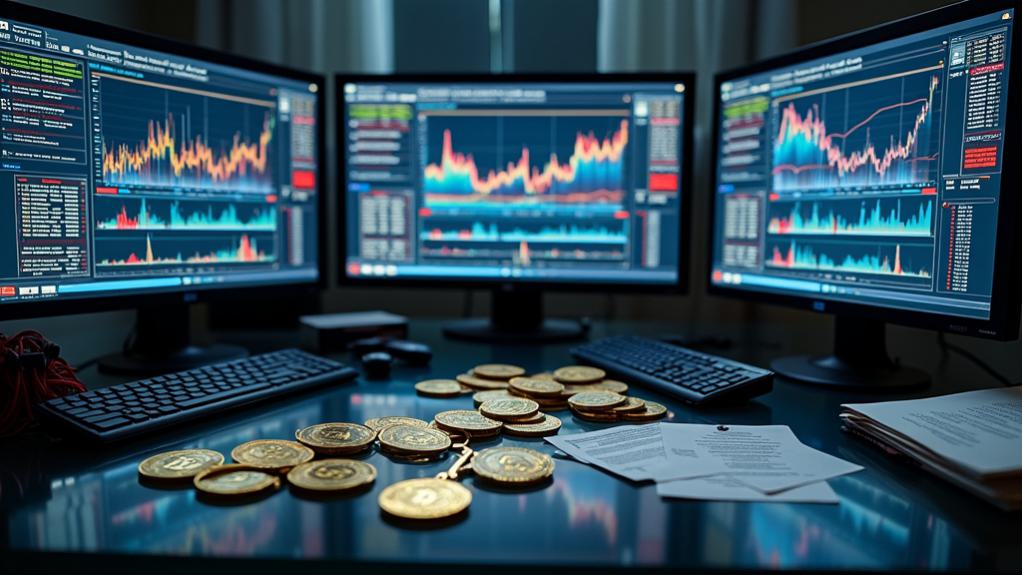While many cities talk about innovation, Dubai is actually doing it. The Dubai Land Department has launched a groundbreaking real estate tokenization pilot project, becoming the first property registration authority in the Middle East to use blockchain for title deeds. They’re not just playing with new toys; they’re revolutionizing how property changes hands.
Working with Dubai Future Foundation and the Virtual Assets Regulatory Authority (VARA), they’re converting property assets into digital tokens on blockchain. Sounds fancy? It is. But it’s also practical. Buy, sell, invest—all simplified. No more drowning in paperwork or waiting weeks for approvals.
The numbers are impressive. Tokenized real estate in Dubai is projected to hit $16 billion by 2033, representing 7% of all real estate transactions. That’s not pocket change. Through fractional ownership, the market becomes more liquid. Regular folks—not just the ultra-wealthy—can now get a slice of Dubai’s luxury property pie.
Dubai’s blockchain revolution isn’t just tech showboating—it’s democratizing luxury real estate for everyday investors through tokenization.
Blockchain brings transparency to an industry that sometimes lacks it. The immutable ledger system cuts down fraud risks. No dodgy deals. No mysterious ownership changes. Everything’s visible, traceable, secure. Plus, fewer middlemen means lower costs. Who doesn’t like saving money?
Smart contracts are the real game-changer here. They execute agreements automatically when conditions are met. Ownership transfers happen instantly. Legal disputes? Minimized. Efficiency? Maximized. This resembles the core principles of DeFi systems where financial services operate without traditional intermediaries.
This innovation isn’t just for locals. International investors can jump in without booking a flight to Dubai. Buy property from your couch in New York or Tokyo—why not? The pool of potential buyers just went global.
Sure, challenges exist. Regulatory frameworks are still evolving. Cryptocurrency volatility remains a concern. Money laundering risks need addressing. But VARA is on it, providing oversight while the legal landscape catches up. The initiative is part of Dubai’s ambitious 2033 real estate strategy that aims to cement the city’s position as a global technology hub. The project’s success is being carefully evaluated to ensure effective technology implementation before expanding to wider availability.
Dubai’s blockchain initiative could inspire similar projects worldwide. Other cities will watch and learn. Or fall behind. Dubai’s choice seems clear: lead the future or eat dust. They’ve chosen the former.





